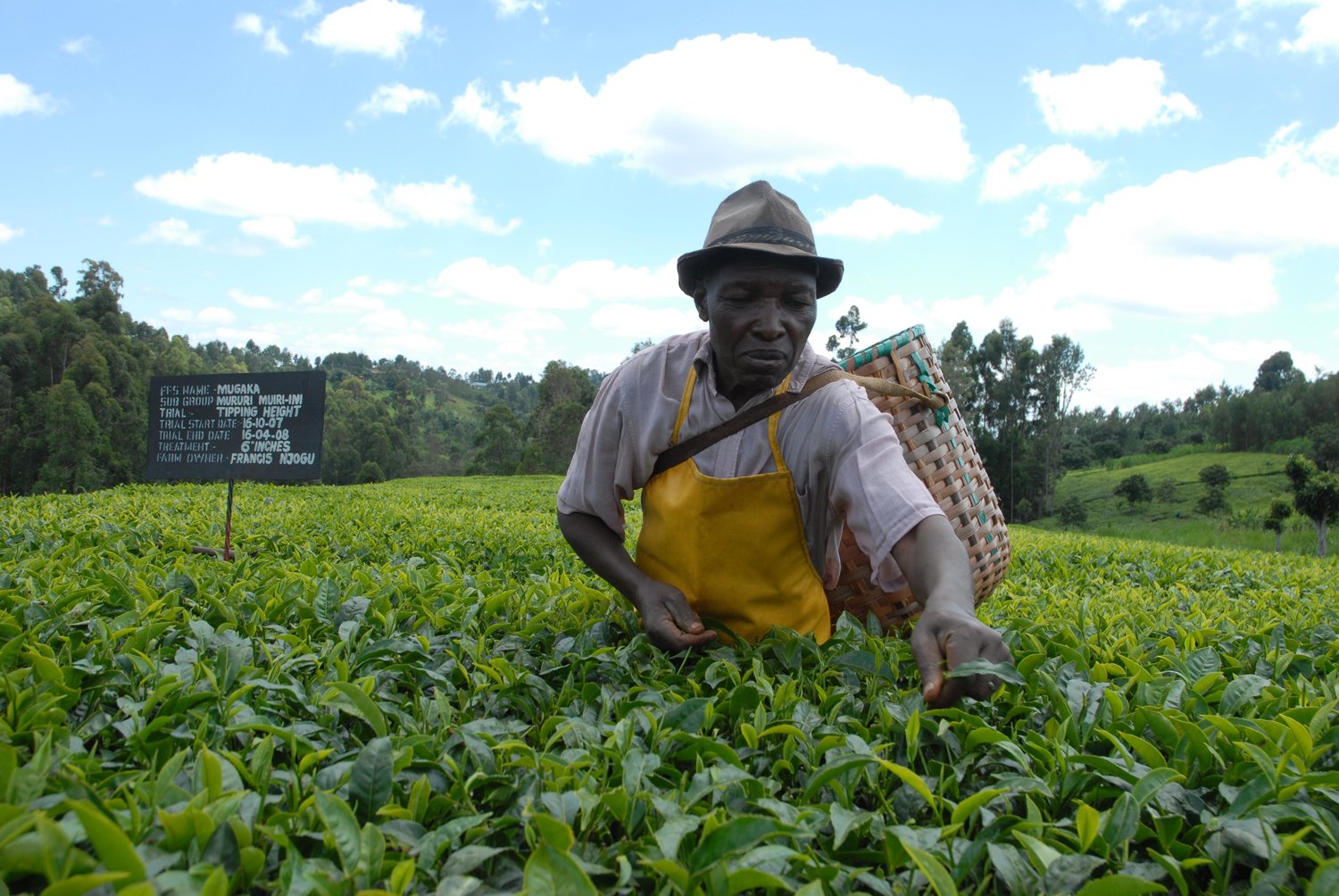In the early 1960s, tea growing was introduced in Alur kingdom as a complement to coffee, at the time the region’s predominant cash crop. However, tea growing died out in the 1990s due to a number of reasons, with little hope for its revival.
According to Osutho Manasi, an elder in Zeu Sub County, the first tea estate was set up in Abanga in Zeu Sub County in the 1960s by president Milton Apollo Obote, but was abandoned over decades.
Nevertheless, in 2015 tea growing in Alur Kingdom was revamped at the behest of His Majesty Phillip Olarker Rauni III, the King of Alur kingdom who identified it as a lucrative venture with potential to create job opportunities for members of the community, boost economic growth and lead to socio-economic transformation.
Towards this end, over 50 farmer groups in Zombo District have been selected under the Third Northern Uganda Social Action Fund (NUSAF III) to pilot tea growing in the region. The project aims to eradicate household poverty in the kingdom by improving farmers’ lives through quality value addition and creating a sustainable market chain.
According to Pride Berocan, the NUSAF III Desk Officer (NDOZ) at the district, each group of twelve members will receive Shs 18m to pilot tea growing under the Adida Watershed Project.
”Close to 300 farmers in the district have enrolled for tea growing, and each has so far planted over two acres of tea,” she said.
One of the project’s beneficiaries, Santa Nyir, says several farmer groups have expressed interest in tea planting.
“There is overwhelming demand for tea in the region, and already the idea of constructing a local factory is underway,” she said.
However, Nyir, who owns a 4-hectare tea plantation, pointed out that tea growing can be labour-intensive and already some farmers are abandoning the endeavour.
“Tea growing has a ready market but needs commitment right from planting and weeding. Some farmers have abandoned the ventures saying tea farming is so tedious,” Nyir said.
The tea growing initiative was part of the presidential pledge to boost the income of the people of Alur by promoting commercial agriculture in the kingdom.
According to one of tea farmers in Zombo district Mr. Gilbert Ayot Iwengut, the revival of tea growing in the district could provide the opportunity for local investors to set up a small scale tea factory to boost trade in the district.
He cautioned that while many farmers have shown interest in tea planting, they are likely to face challenges with capacity building, marketability and post-harvest handling of the tea since it is still a new venture for most.
“We have challenges when it comes to marketability of products; many farmers tend to sell their products to middle men and they end up being cheated,” Ayot-Iwengu added.
He encouraged farmers need to form a “Tea Farmers’ Forum” to find marketing opportunities for their product both within and outside the country and update members on the latest information for modern farming.
Meanwhile, Edwin Atukunda Bekunda, a tea expert and Director of the Edwin Tea foundation said Zombo district and some parts of Nebbi district are suitable for tea growing, but a mindset change is necessary if the undertaking is to thrive in the region.
“The capacity building of farmers on tea growing is being done in the district of Zombo, but it’s so challenging to bring the youths on board since many want cash without sweat,” he said.
Atukunda, who hopes to market the tea under the “Alur Royal Tea” brand, projects that it will create over 2000 jobs for both skilled and unskilled labourers.
Buy your copy of thecooperator magazine from one of our country- wide vending points or an e-copy on emag.thecooperator.news
